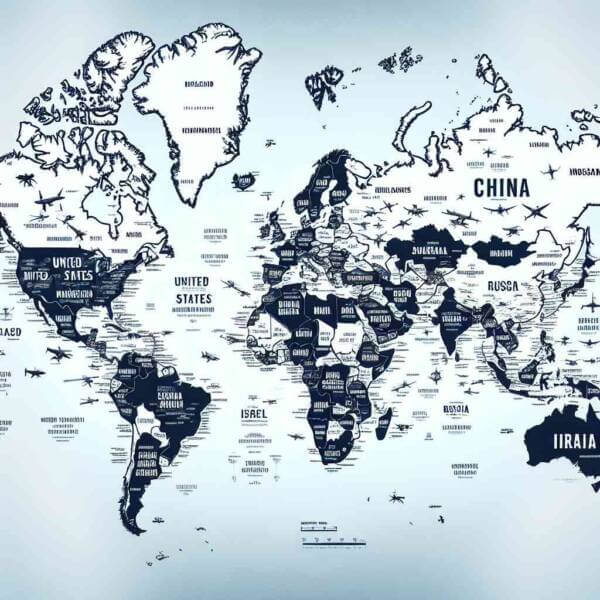Exploring Military Aviation: The Evolution of Air Power
Exploring Military Aviation: The Evolution of Air Power
Blog Article

Military aviation is an essential part of modern defense strategies around the world.
Today, military aviation encompasses a wide range of missions, from fighter jets and bombers to surveillance drones and transport planes.
History of Military Aviation
As technology advanced, airplanes were adapted for combat, changing the nature of warfare forever.
Important events in the evolution of military aviation:
- The introduction of fighter planes and bombers
- World War II advancements
- Rapid development of jet technology
- Rise of unmanned aerial vehicles (UAVs)
Each era brought more powerful aircraft that redefined military capabilities.
Main Categories of Military Aviation
Military aviation includes a variety of aircraft, each designed for different roles.
Types of planes used in military aviation:
- Fighter jets
- Bombers
- Logistical support aircraft
- Eyes in the sky for modern armies
Each type plays a key part in military operations, from striking enemy targets.
Importance of Air Superiority
Air superiority is crucial for achieving military success.
How controlling the air impacts battles:
- Protecting ground forces
- Cutting off enemy resources
- Surveillance and reconnaissance missions
- Boosting morale
Nations with strong military aviation capabilities can defend their interests more effectively.
The Next Generation of Military Aircraft
Constant research and development open new possibilities for future warfare.
Cutting-edge developments:
- Stealth technology
- Ultra-fast strike capabilities
- Autonomous drones
- New forms of aerial weaponry
These advancements enhance lethality for air forces worldwide.
Risks and Limitations
Despite technological superiority, military aviation faces significant risks.
Major obstacles to overcome:
- Rising development and maintenance costs
- Need for constant upgrades
- Securing digital communications and data
- Questions about accountability and control
Addressing these challenges is necessary for effective defense strategies.
Future of Military Aviation
The future of military aviation more info promises an era of transformation.
Expected advancements:
- Autonomous mission planning
- Defending assets beyond Earth
- Developing sustainable aviation technology
- Collaborations across allied air forces
The next era of military aviation will redefine defense.
Final Thoughts on Military Aviation
Military aviation remains an irreplaceable element in global defense.
As technology continues to evolve, the skies will remain a critical arena where military aviation safeguards freedoms.
The future of military aviation is more dynamic than ever — and it’s only just beginning. Report this page